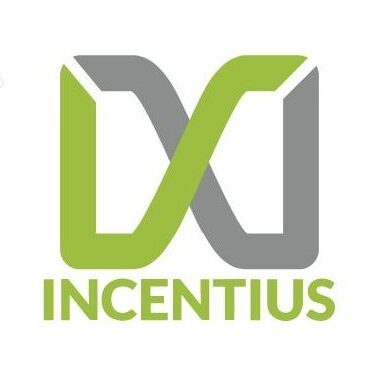Is Python worth learning in 2022 Sumeet Shah July 20, 2022
 What Is Python Used For? A step-by-step guide for Beginners
What Is Python Used For? A step-by-step guide for Beginners
What is Python?
Python is a dynamically semantic, interpreted, object-oriented high-level programming language. Python is a general-purpose programming language, which means it can be used for a variety of tasks such as data research, software and web development, automation, and just getting crap done in context. Python’s concise, easy-to-learn syntax prioritizes readability, which lowers software maintenance costs. Modules and packages are supported by Python, which fosters program modularity and code reuse. Guido van Rossum created Python, and it was published in 1991.
What is Python used for?
1. Web Development:
Python is a popular choice for complicated web development projects because of its versatility, which allows for the creation of sophisticated online utilities with ease. Web developers that use it save a lot of time and energy because of its straightforward syntax, which is quite comparable to the English language. Python is a very flexible backend language. Backend or server-side functionality can be handled more easily using Python-based web frameworks like Django. Python’s prominence in web development is largely due to frameworks and libraries such as Django and Flask, which enhance the language’s capabilities.
2. Data Analytics/Data Science:
Python is used to create several of the most popular data mining tools. As a result, it’s a fantastic data science tool. Data scientists and analysts alter data using coding languages like Python and R for reporting, predictive analysis, and other purposes. The Pandas library is a major advance forward from the outdated Excel files that have been used for so long for financial research. NumPy also allows you to perform linear algebra, scientific computing, and a variety of other specialized tasks. Python’s features enable programmers to distinguish between crucial and relevant data. Organizations may learn more about themselves by interpreting big data well.
3. AI and ML:
These days, artificial intelligence and machine learning are buzzwords, but the fact is that it all boils down to algorithms, code, and logic. Machine learning is the process of teaching computers to learn on their own using algorithms that are continually updated based on incoming data. Python is often regarded as the greatest programming language for Artificial Intelligence (AI) due to its clear syntax and ease of learning. Given the diversity and capability, it’s no wonder that some genuinely world-class tools for producing intelligent behavior exist in Python.
4. Financial Analysis:
When recruiting engineers, the most popular programming language considered by FinTech organizations is Python. Python is gaining popularity as a result of its potential financial services. Python’s utility in applications such as data regulation, analytics, risk management, and quantitative rate difficulties is the reason for its appeal. More than only FinTech companies use Python programming. Python is widely used everywhere in the financial industry due to its data processing skills and various third-party financial analysis tools.
5. Scripting:
The script language generates code and is very easy to learn, even for newbies. Python is widely used in programming and is an interpreted language that occurs during runtime. It becomes more flexible and adaptable than many other scripting languages since it translates to code. In a program, a script is used to automate particular operations. It can run on its own and requires less code, but modules in Python are referred to as libraries that cannot run on their own. It must be imported before it may be used. Python is classified as a scripting language since it is an interpreted language and its popularity in scripting relates to its simple scripting interface.
Frequently-asked Question
What is Pandas Python?
Pandas is a widely used open-source Python library for data science, data analysis, and machine learning activities. It is developed on top of NumPy, a library that supports multi-dimensional arrays. It provides quick, simple, and adaptable data structures for working with structured (table form, multivariate, possibly heterogeneous) and time-series data. Pandas is a Python data science module. It works well with many other Python data science modules and is normally included in every Python installation. Among other things, Pandas supports re-indexing, repetition, filtering, data analytics, sequences, and representations.



